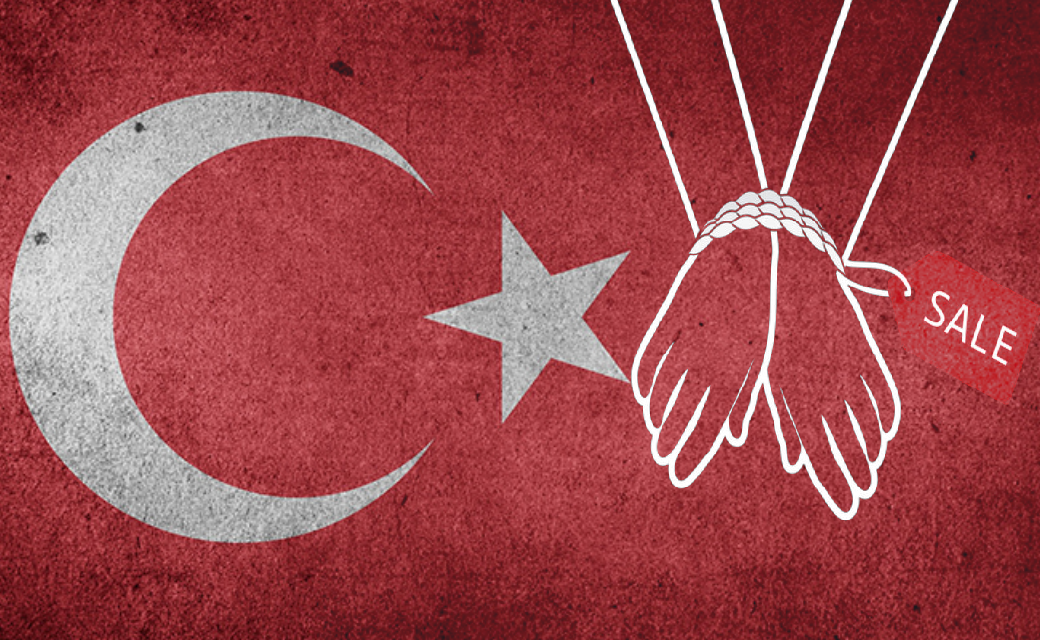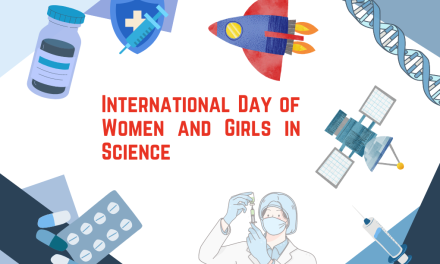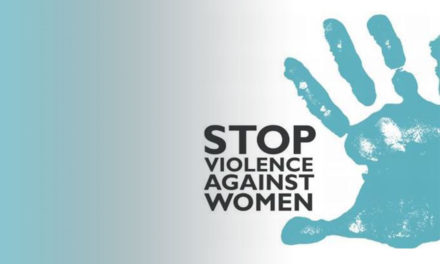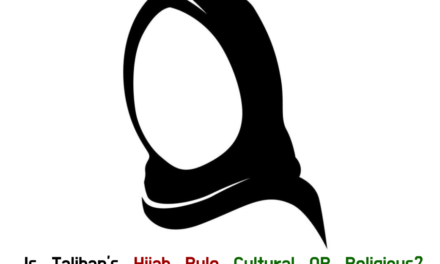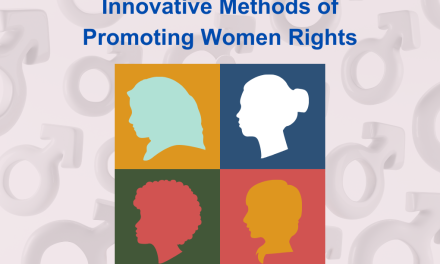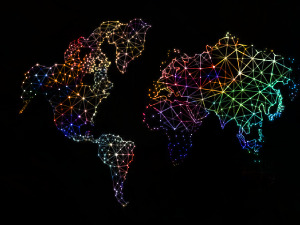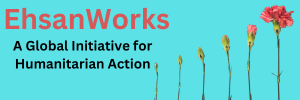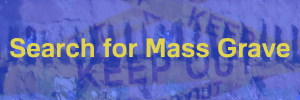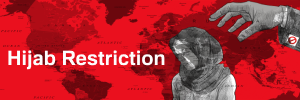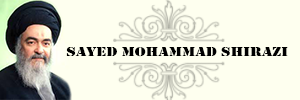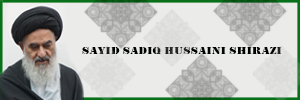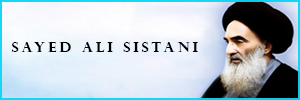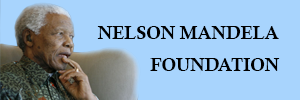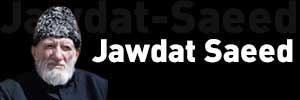Human Trafficking in Turkish Controlled Regions
Turkey is a top destination for victims of human trafficking, according to a report produced by the United Nations Office on Drugs and Crime (UNDOC). Notably, Russian organized crime syndicates engage in trafficking of women for prostitution, and Russian and Ukrainian women have turned up in many European countries, including Turkey.
Freemuslim Women Rights Defenders expresses its deepest concerns about this issue and asks the Turkish authorities to implement more rigid laws and maximize the legal consequences for violators of those laws. Most of women who have been lured into traps by human traffickers are financially incapable of taking care of themselves or have suffered from emotional turmoil. It is important to identify the traffickers and prosecute them for the crimes they have committed. Human trafficking is a form of slavery and needs to be addressed as such.
Human rights organizations in northern Syria have documented horrific human rights abuses committed by members of the Turkish-backed Syrian National Army (SNA) against women and underage girls in occupied Afrin, in northwestern Syria. The Afrin Activists Network reported that the first batch of Afrin girls arrived in Libya August of 2020.
Criminality in areas under Turkish population is rampant, especially against women and girls. Cases of kidnapping, imprisonment, rape, sexual trafficking, and murder have become commonplace. According to a report done by the Department of State of the United States titled 2020 Trafficking in Persons Report: The Government of Turkey does not fully meet the minimum standards for the elimination of trafficking but is making significant efforts to do so. The government demonstrated overall increasing efforts compared to the previous reporting period; therefore Turkey remained on Tier 2. These efforts included identifying more victims and interviewing more potential victims. The government conducted surveys and consultations to draft a new national action plan and organized robust trainings on various anti-trafficking issues. The government allocated funds for financial assistance to victims, and the national commission and six provincial commissions implemented anti-trafficking efforts. Observers reported the Directorate General for Migration Management (DGMM) improved its ability to accurately identify victims and refer them to assistance. However, the government did not meet the minimum standards in several key areas. Prosecutors and judges lacked experience and resources to prosecute complex cases, and cases were often dropped, acquitted, or reclassified to lesser offenses due to a lack of evidence, particularly testimonies, as victims and witnesses rarely participated in court proceedings. The government provided limited specialized assistance, including victim assistance programs and opportunities to encourage victims to cooperate in investigations. Some domestic civil society groups remained excluded from anti-trafficking efforts. The government, in some cases, penalized victims for unlawful acts traffickers compelled them to commit due to inadequate identification efforts, including limited proactive identification efforts for internal trafficking victims, forced labor victims, and victims among migrants, refugees, and asylum-seekers.
Freemuslim Women Rights Defenders asks an international effort to eradicate human trafficking in all countries, expresses a dire need amplify legal consequences for such crimes and urges Turkish authorities to increase their efforts to combat human trafficking.
